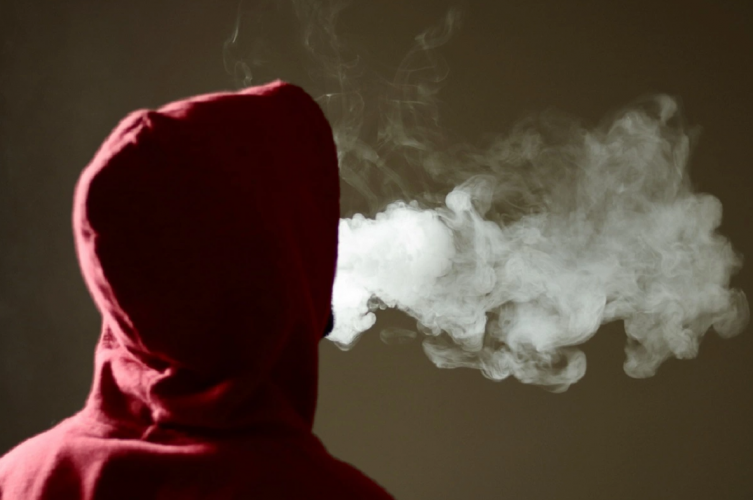Following the concerns surrounding the increased cases of teenagers taking up vaping and the illegal sale of nicotine-containing e-cigarettes, the supreme body for Australia’s convenience stores is now pushing for a national vaping summit. Among the key agendas of the summit will be to lobby for the introduction licensing scheme for retailers.
This comes one year after the Therapeutic Goods Association (TGA) enforced a prescription-only model for e-cigarettes and vapes containing nicotine across Australia. According to the health minister, Greg Hunt, the policy introduced in October 2021 aimed to reduce the number of teenagers taking up vaping in the country.
Table of Contents
Prescription-only model is not enough
Even though the prescription-only policy was designed for a good course, the Australian Association of Convenience Stores, through its strategy and policy advisor, Ben Meredith, expressed concerns that the policy is insufficient to help curb teenagers adopting vaping behaviors. And therefore, more has to be done to achieve that goal.
Along with its few successes, the policy has birthed a new menace, an “ever-rising black market,” according to Mr. Meredith. The vape black market has made it easier for teenagers to access cheap nicotine-containing e-cigarettes that are addictive to young adults. “By continuing down this path we’re allowing young people to access these products through illegitimate retail or online,” Mr. Meredith said.
The Vape Black Market Menace
To understand the actual vaping situation in Australia, the association commissioned Roy Morgan to conduct a study on the use of vapes in efforts to support new and strict reforms in the industry. According to the survey, vaping has grown by 259% in the last five years. Over 1.1 million people, which accounts for 5.8% of adults over 18 years, now vape.
The study also established that 88% of all e-cigarette purchases in Australia are through the illegal vape black market as they are cheaper and easily accessible by teenagers and young adults. With such worrying numbers, it is clear that the prohibitions put in place are not working. Consequently, the association is now pushing for a summit with the federal and state governments to address the issue. On their part, the association is looking forward to recommending a national licensing scheme for all retailers to end the vape black market menace.
However, the spokesperson for federal health minister Mark Butler affirmed that “better options to tackle e-cigarette marketing and use” were discussed during last week’s inaugural Tobacco Control Roundtable. In his statement to ABC, Mark assured the public that the TGA was working to strengthen compliance and policy enforcement in all states. Also, the agency is currently engaging and considering whether amendments to the current regulatory scheme could reduce access to nicotine vaped to teenagers.
Business “impacts” of the vape black market
Besides fueling the surge in vape smoking, the black market has adversely impacted convenience stores since the enactment of the prescription-only policy. According to Meredith, stores are losing customers to the black market as customers now prefer illegal products to doing the right thing. “Consumers are walking into those outlets, just because they are selling nicotine-containing e-cigarettes and vapes.”
“We need to protect them from illegitimate retailers,” Mr. Meredith said. For example, over 1400 stores in Victoria have experienced a 20% downturn in sales due to reduced customer traffic. The vape black market is threatening legal business stores in Australia.
The fight against vaping will not be successful as long as there are black markets dealing in nicotine-containing e-cigarettes. The current policy on vaping is insufficient, and more needs to be done to reduce the uptake of vaping among teenagers in Australia.
What do you think should be done to reduce the uptake of vaping among teenagers? Let us know!

